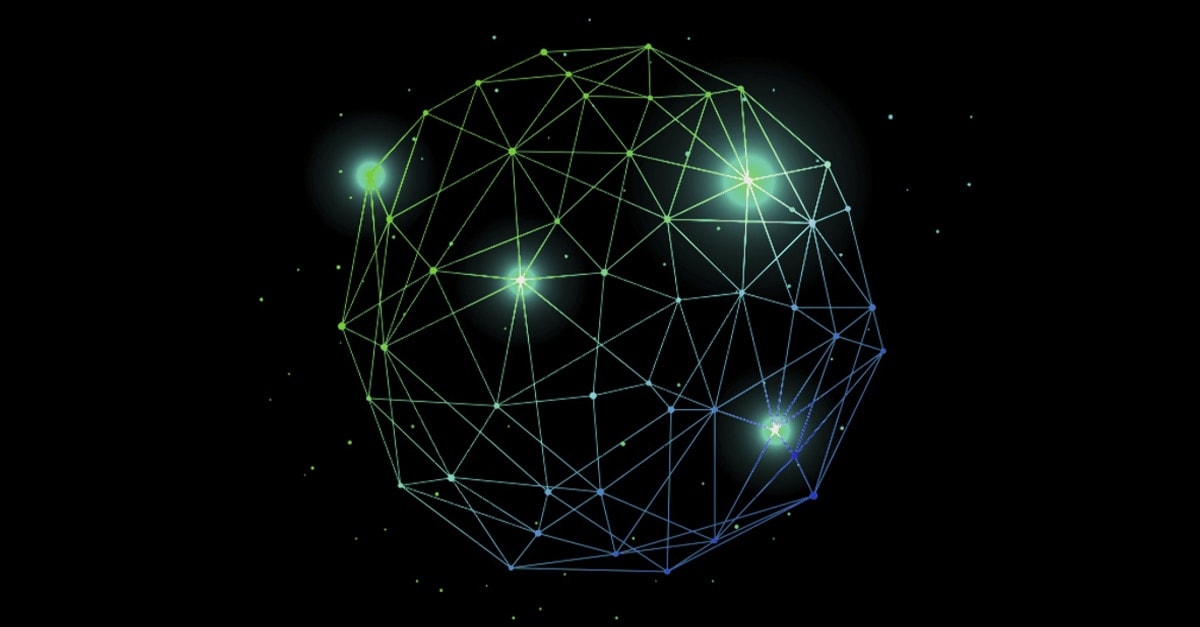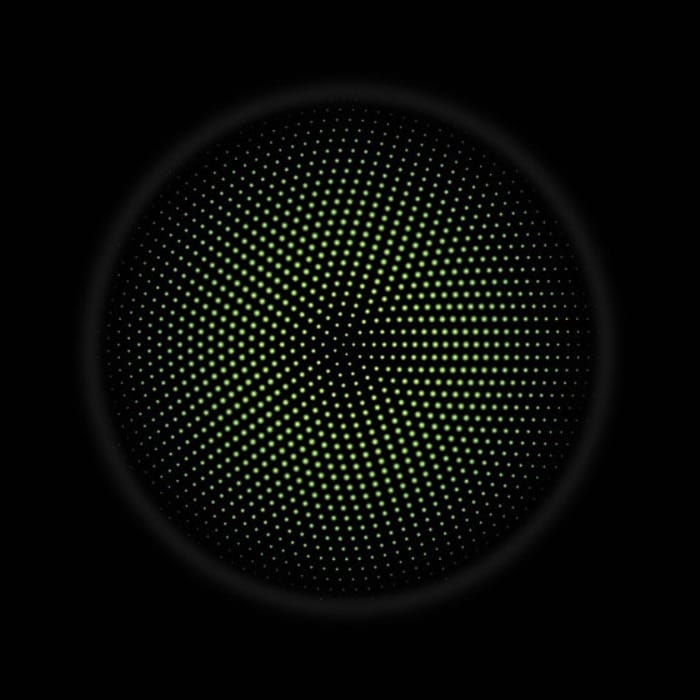Migrating millions of lines of code and data from A to B – in just one day
Decommissioning an outdated mainframe with more than 6 million lines of code takes more than just the click of a mouse. And yet, thanks to technological innovations and an automated transformation approach, applications are upgraded and data is quickly and efficiently migrated.

It was not exactly an ordinary Friday evening at the GRAWE Group’s head office. Most of the workforce had already left the office for a well-deserved weekend off, but the IT department and migration team were bursting with excitement. Following a high-pressure one-year pilot phase and several weeks of intense tests, this was the weekend that GRAWE and Deloitte Germany were ready to execute a trouble-free migration of its entire system within 24 hours.
GRAWE Group, a multi-national corporation offering insurance, banking, and real estate services from a single source, was an early adopter of state-of-the-art process automation and information technology to ensure it was meeting the highest standards in its industry. More than 25 years ago, the group developed its first insurance applications, which – as was common for most companies at the time – ran on an IBM mainframe. The system has been updated countless times since then to evolve with the changing needs of customers and comply with new regulatory requirements.

What does it take to make digital transformation a success?
By 2020, GRAWE Group’s core application had grown to more than 6 million lines of code in the Natural programming language. The code was linked to other business applications via multiple interfaces, e.g., to the Adabas database management system, and used in parallel with a number of other technologies, from REXX procedures to assembler components.
Over time, it became increasingly difficult to maintain and update the application and its underlying data. GRAWE Group struggled with high mainframe maintenance costs and a dwindling supply of skilled talent with expertise in these legacy technologies.
Given these challenges, GRAWE engaged Deloitte Germany to decommission the mainframe and upgrade its systems by migrating the core application to a new target architecture. The goal was to convert the application to Java, migrate the data to Oracle and retire the old mainframe. In addition to the online application, Deloitte Germany migrated the batch environment, which comprised roughly 11,000 jobs and had already exhausted all VSE options prior to the project.


Deloitte Germany supported the transformation process from start to finish using the following approach:
- Automated conversion of the Natural code to Java with 100% identical functionality.
- Migration of application data from Adabas to Oracle.
- Rollout of a new distributed production environment as well as a new development environment.
“The GRAWE project proves that decommissioning a mainframe can be a smooth, well-managed process. What is needed is a partner with the right experience and the right technology, who knows how to orchestrate complex transformations and is fully committed to your success.”
Dr. Karsten Ballüder, Partner Cloud Transformation & Systems Engineering and Head of Deloitte’s EMEA Center of Excellence for Application Modernization and Migration
Within 24 hours, the core application was launch-ready on its new platform. GRAWE approved the system for group-wide use almost immediately after completing the final tests. Employees of GRAWE Group were able to make full use of the new system on Monday morning.
Working together, GRAWE Group and Deloitte Germany succeeded in migrating the operational heart of the business, its core insurance application, from an outdated mainframe platform to a state-of-the-art, high-performance Java environment. This led the Austria-based insurer to reduce its maintenance costs by more than 60% while also improving quality and flexibility of its operations.
We have successfully completed numerous modernization projects for customers across all major industries and in the public sector. Find out more about our services and the Deloitte Center of Excellence for Application Modernization & Migration

